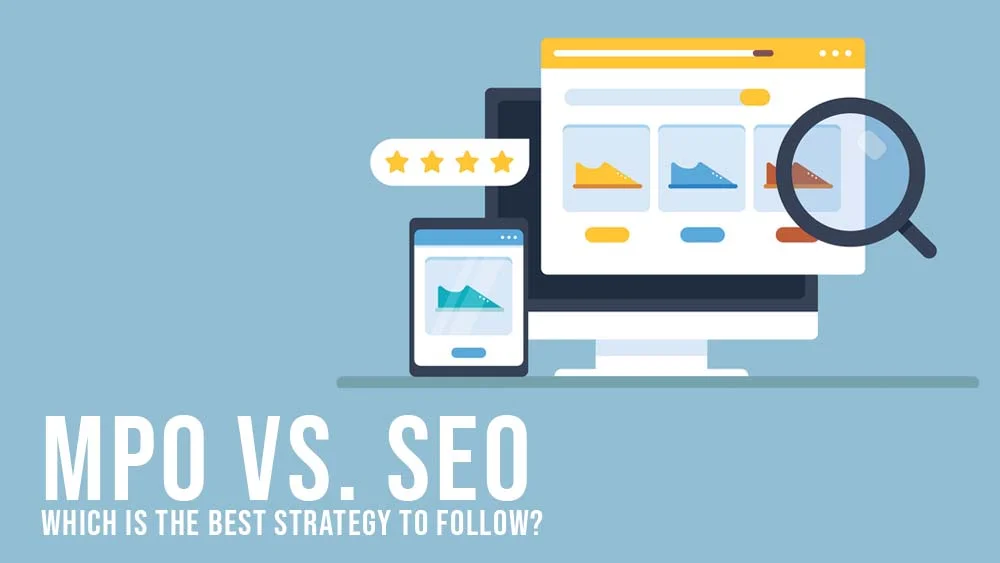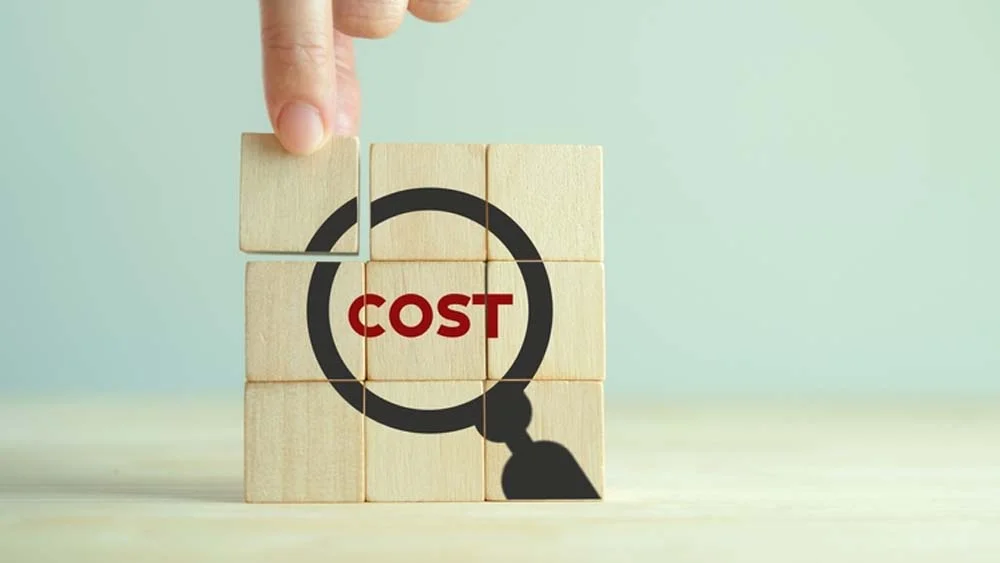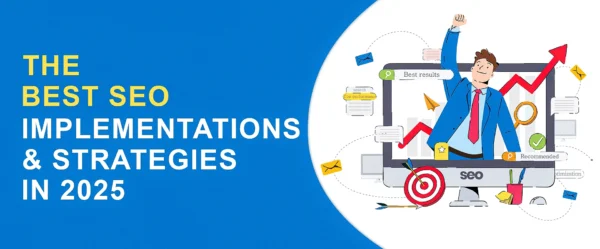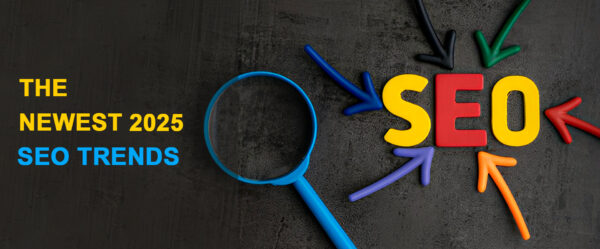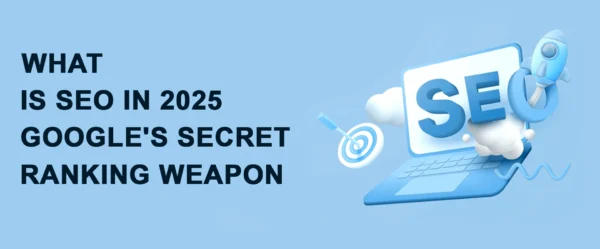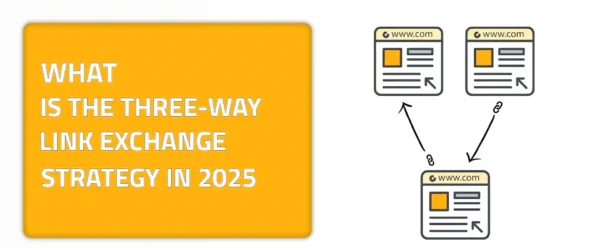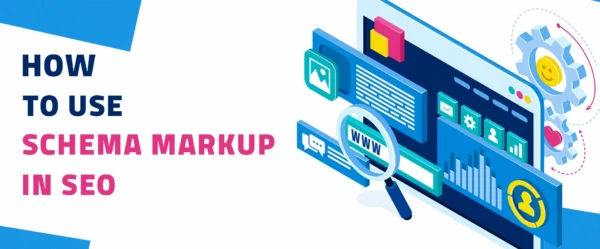MPO Vs. SEO: The Ultimate Comparison Guide
In today’s ever-evolving technological landscape, maximizing your online presence is something that every business owner wishes to achieve. However, sometimes, as a business owner, you’ll find yourself faced with crucial decisions that are imposed on you because of the new digital marketing standards that the market has. There are two main factors that contribute to driving traffic to your business’s web page. These two are MPO vs SEO. Abbreviations are cool and everything but let me make it easier and tell you what both stand for here.
Marketplace Optimization (MPO) and Search Engine Optimization (SEO) are two essential components that will benefit the strategy that you will put in place to gain better or higher rates of traffic. In this guide, we will understand what both are and unravel a thorough comparison. That is, to see which is better at helping your website’s traffic. Dive with me into this topic’s depth and learn all about MPO vs SEO.
Marketplace Optimization (MPO) has undergone significant development, now encompassing a more comprehensive approach that focuses on optimizing items and offerings within the context of online marketplaces. This involves strategic placements, optimizing pricing, and utilizing different features provided by platforms like Amazon and eBay. On the other hand, SEO focuses on improving the content and structure of a website to achieve better rankings in organic search results. Companies face the dilemma of choosing between MPO and SEO, both of which present unique benefits and obstacles.
What Is Marketplace Optimization? A Quick Overview
Marketplace Optimization (MPO) is a thorough strategy that aims to enhance your web page’s visibility and overall performance. Additionally, it enhances services within any online marketplace. This is one method that extends its advertising and optimization scope beyond simple advertisements. That is, of course, unlike all traditional mobile-paid advertising methods. MPO includes in its strategy a full approach that helps optimize varied elements within digital marketplaces such as Amazon, eBay, or other known e-commerce platforms.
This approach involves implementing methods such as carefully selecting product placements, optimizing pricing, using marketplace algorithms, and improving product listings to enhance visibility. To increase conversion rates. MPO is designed to take advantage of the distinct interactions in digital marketplaces. Where rivalry is intense and consumer behavior is diverse. Through careful management of product data, effective use of marketing resources, and maintaining information about marketplace trends, businesses using MPO aim to enhance their rankings, boost sales, and ultimately succeed in the competitive environment of digital commerce.
The Importance of Marketplace Optimization (MPO)
Marketplace Optimization (MPO) is crucial in the digital landscape, particularly for businesses that operate within online marketplaces such as Amazon, Walmart, and others. As consumers continue to rely on these websites for their needs, MPO becomes a crucial strategic consideration. It requires refining product listings, enhancing pricing methods, and the way you use marketplace algorithms to improve your visibility. MPO plays a vital role in differentiating oneself in a highly competitive market. That is, through enhancing the visibility of products. Something that will ultimately boost your sales to the degree that you wish or plan for.
By comprehending, using or employing the distinct structure of each marketplace, businesses can gain a competitive advantage. They can also enhance their rankings and cultivate customer trust and loyalty. The vast yet full approach of MPO extends beyond conventional advertising, taking into account crucial factors that impact customer decision-making.
In a time where e-commerce is reigning and is on top of the market, businesses that value Marketplace Optimization (MPO) have a greater chance of success. They are unlocking their own doors of opportunity. That is, by relating to their target audience and giving them relevant content. Furthermore, by taking advantage of the vast opportunities provided by digital marketplaces, these businesses are well-positioned to thrive.
SEO’s Turn: What Is It and How Important Is It For Your Website
Search Engine Optimization (SEO) is a digital marketing strategy that has many factors, features, and aspects to look at and use in an efficient way. It focuses mainly on enhancing your website’s ranking in search engine results pages (SERPs). Additionally, it also focuses on getting you a higher rate of visibility. Something that it has in common with MPO. SEO helps you optimize various aspects of a website. These aspects include the content you have on your website, meta tags, images, and your general site structure.
It optimizes these aspects to coordinate with search engine algorithms. Moreover, this is one method or strategy that has a goal to improve your organic or non-paid search traffic. This little goal facilitates for your website the process of appearing prominently when users search for keywords or topics that are relevant to what your website has to offer. This optimization process encompasses a combination of on-page and off-page techniques, including thorough research of relevant keywords, the creation of high-quality content, building strong backlinks, and ensuring technical optimization.
The Importance of Search Engine Optimization (SEO) For Your Website
The significance of SEO for a website cannot be emphasized enough. In the fiercely competitive online world, where users heavily depend on search engines to find information, products, and services, having a well-optimized website is essential for gaining visibility and attracting organic traffic. Having top search engine rankings helps to build credibility and trust with users, resulting in higher click-through rates and the possibility of more conversions.
In addition, SEO plays a crucial role in enhancing the user experience by making websites easy to navigate and providing valuable, relevant content. In today’s digital landscape, having a solid SEO strategy is crucial for both businesses and individuals who want to make their mark online, connect with their desired audience, and stay ahead of the competition.
MPO Vs SEO: A Titan Comparison on Which Is Better
There are many aspects that you can consider when it comes to a thorough comparison between MPO vs SEO. We will cover all aspects and sides that you should be aware of in order to understand which is better for you and your website’s strategy. Additionally, get to understand and learn which one will help you create a better strategy for your web page.
MPO Vs SEO: In Terms of Cost and Ranking
When we’re comparing these two giant visibility and ranking factors, you will be met with factors that are in common and others that differ. I aim to cover them all for you. Let me start with the cost and ranking factors first.
The Cost
When it comes to the cost, MPO is often involved with paid placements and ads, which are a more direct cost for companies. It gives you quick exposure in the market, but these benefits may depend on how much you spend on advertising every month. SEO, on the other hand, mostly has costs that come from making content, optimizing websites, and building links. When you first start SEO, you may have to spend a lot of money. But in the long run, organic rankings will bring you business without the constant payments that MPO requires.
The Ranking
When it comes to ranking, MPO mostly affects where a product appears in a certain online market, making it more visible in that environment. SEO, on the other hand, aims to raise a website’s position in search engine results pages that show more results. SEO has long-lasting effects because it aims for high organic results that last, making a website visible across all search queries. Whether a business chooses MPO or SEO depends on its goals, its budget, and how quickly it wants to see results. This is because each strategy has its own way of managing costs and getting results in the ever-changing world of digital marketing.
MPO Vs SEO: In Terms of The Time It Takes Them to Show You Results
When looking at how long it takes for results, Marketplace Optimization (MPO) and Search Engine Optimization (SEO) are very different from one another. With its focus on online markets, MPO often gets results faster. Paid placements and ads on these sites can bring you exposure and possible sales almost right away. It is safe to say that MPO simply has a quick effect, which makes it a good choice for businesses that want results right away. Additionally, businesses who wish for a quick return on their investment (ROI).
On the other hand, SEO is a longer-term plan that needs strategic planning, patience, and determination. The amount of time it takes for SEO results to show up varies. However, if you wish for an estimation, it usually takes between a few weeks and a few months. SEO-driven organic growth includes things like writing content, building links, and optimizing websites, all of which work together to boost search engine results. SEO (search engine optimization) takes time to show results, but they often last longer and bring more steady organic traffic and better visibility across all search queries.
In the end, whether a business chooses MPO or SEO depends on how quickly it needs results and its long-term digital marketing goals. This is because each strategy has a different time frame for seeing real results in today’s competitive online world.
Final Thoughts!
Search Engine Optimization (SEO) and Marketplace Optimization (MPO) are both good options for businesses, but which one to choose depends on their digital goals and timelines. Through paid placements, MPO increases your exposure in online markets. In contrast, SEO is a longer-term approach that requires persistence for the site to grow naturally, which ensures long-term visibility in search engine results.
Whatever the business’s goals are—immediate returns or long-term, organic growth—the choice should be in line with those goals. Although both methods are important in the constantly changing world of digital marketing, they offer different ways to be successful in the online market.


